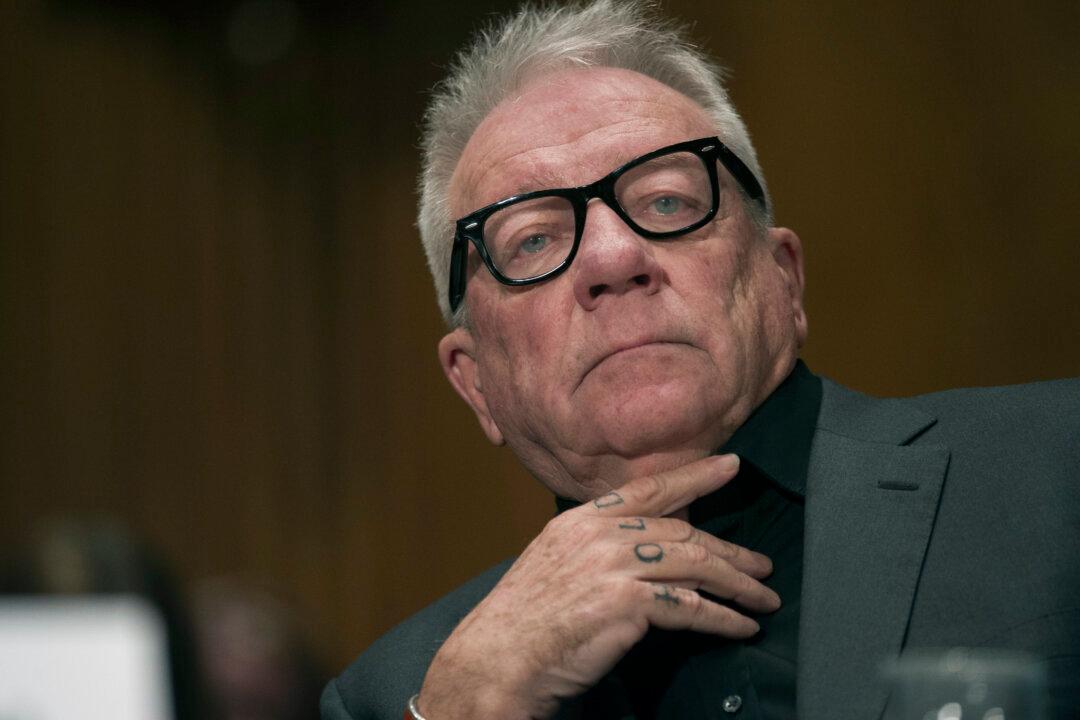Michael Lacey, a founder of the classified advertising website Backpage.com, was sentenced on Aug. 28 to five years in prison for money laundering in a case involving allegations of a scheme to promote and profit from prostitution through the now-shuttered website.
The 76-year-old, who’s also a former Phoenix New Times executive editor, was also fined $3 million.




